Microbreaks may help to prevent workplace burnout

Walking and stretching are particularly effective ways to use your break
Your phone screen could be ageing you

Study on fruit flies suggests blue light could have a significant effect on cell function
Parasite from fossilised Viking poo has genome mapped

Though now rare in industrialised countries, the human whipworm still infects around 500 million people worldwide and can cause serious illness in the weak or malnourished
Air pollution could trigger lung cancer in non-smokers
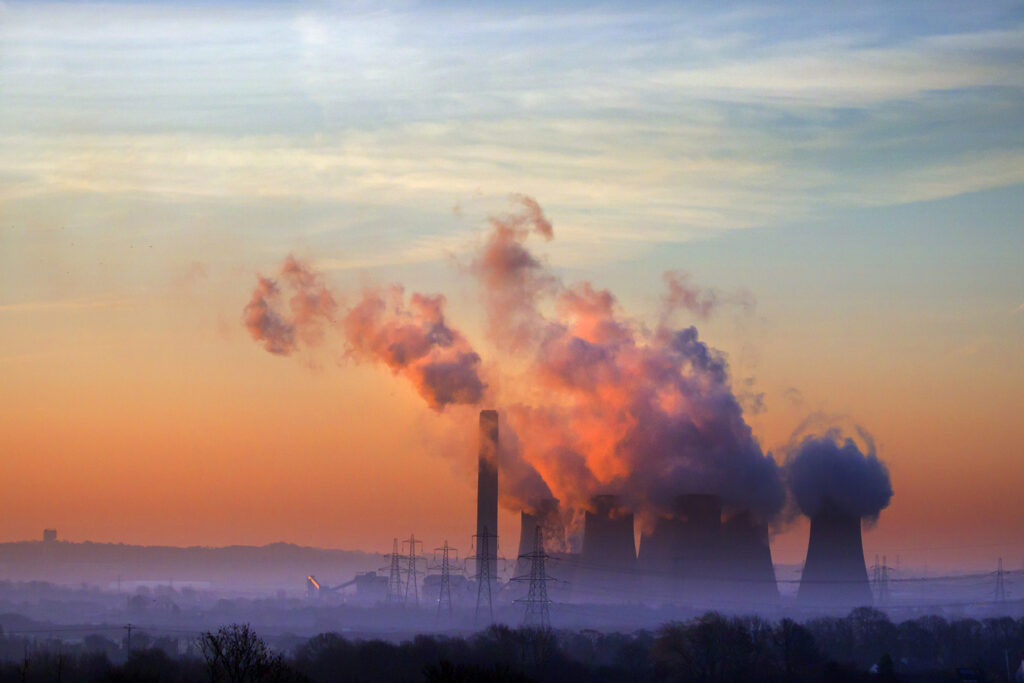
Research into the dangerous effects of air pollution could lead to approaches to lung cancer prevention
Saturn’s iconic rings may have been formed by ancient moon
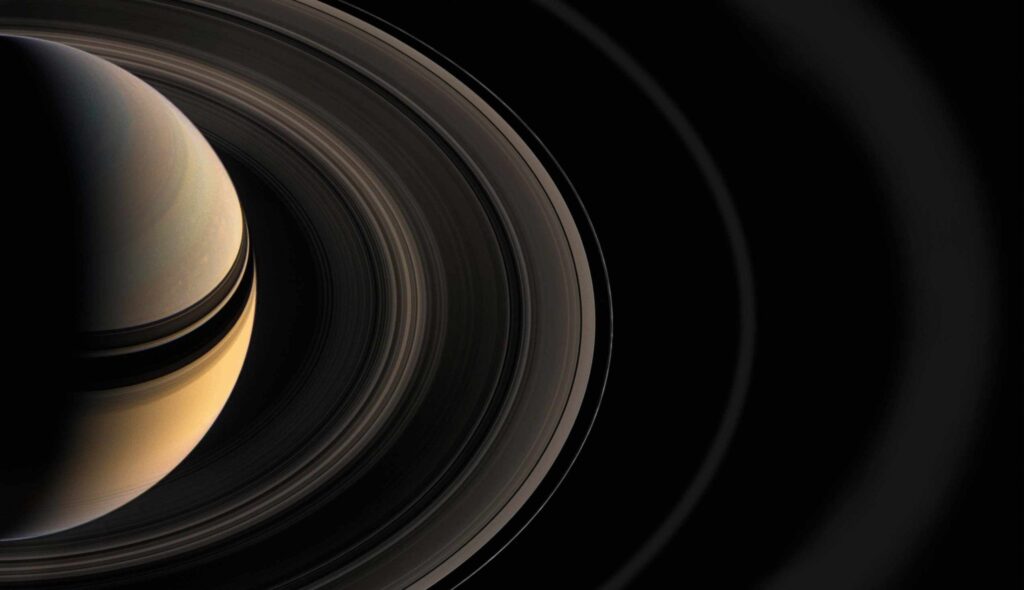
Around 160 million years ago, the shattering apart of a moon named Chrysalis may have caused Saturn to tilt and created its signature icy rings
Reptile that lived among the dinosaurs discovered
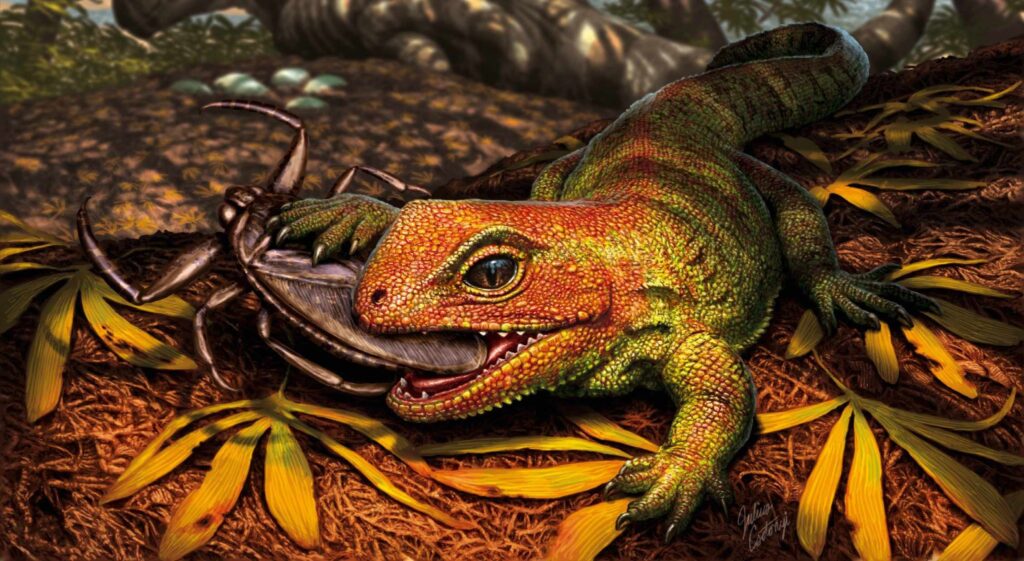
This lizard-like animal belongs to the same ancient lineage as New Zealand’s living tuatara
Tarantula nebula photographed in unprecedented detail
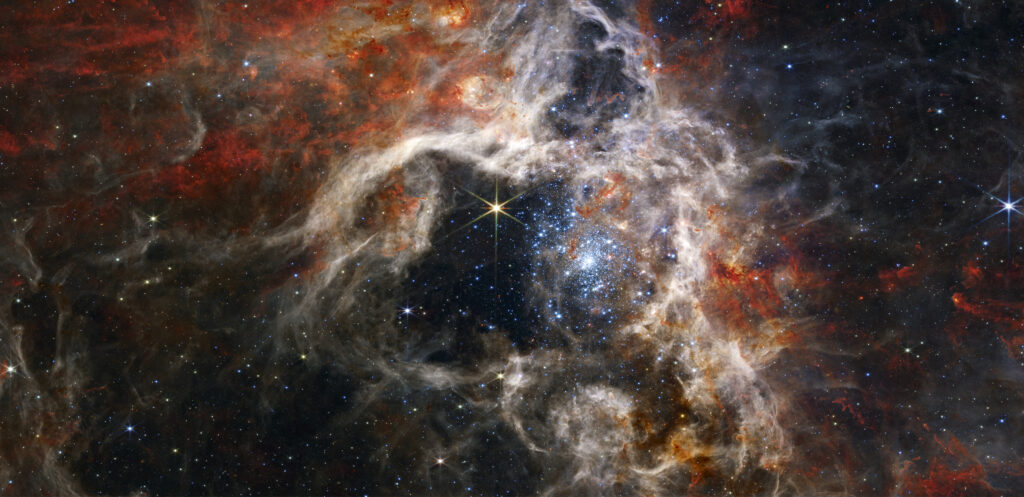
Newly released mosaic from the James Webb Space Telescope peers through the cosmic dust to reveal never-before-seen young stars
Horizons: How NASA deflected an asteroid by crashing a spacecraft into it
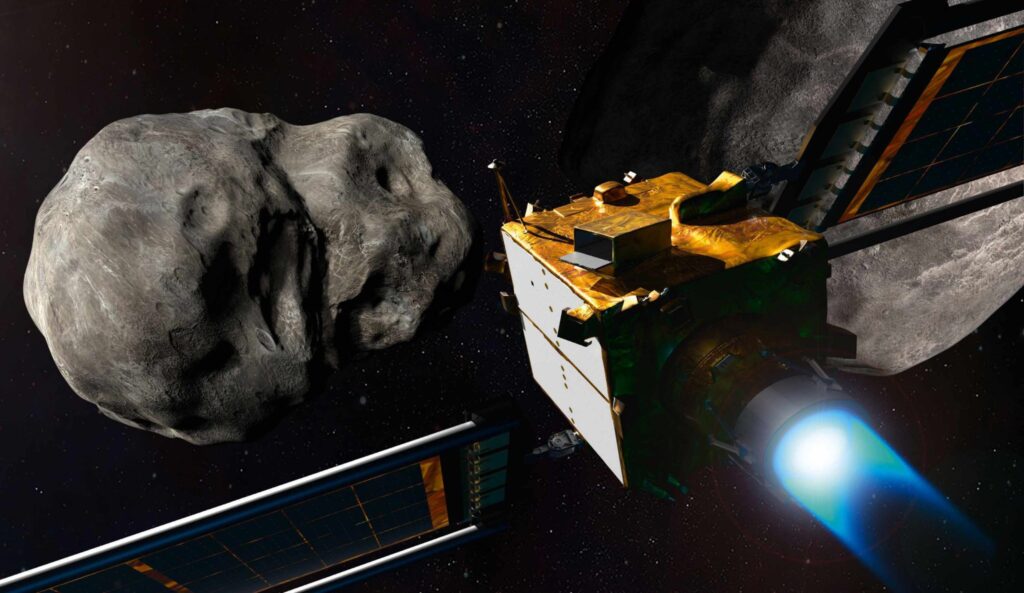
NASA’s DART spacecraft made impact with its asteroid target on 27 September. Dr Tim Gregory tells us about this first-of-its-kind mission
The future’s bright…
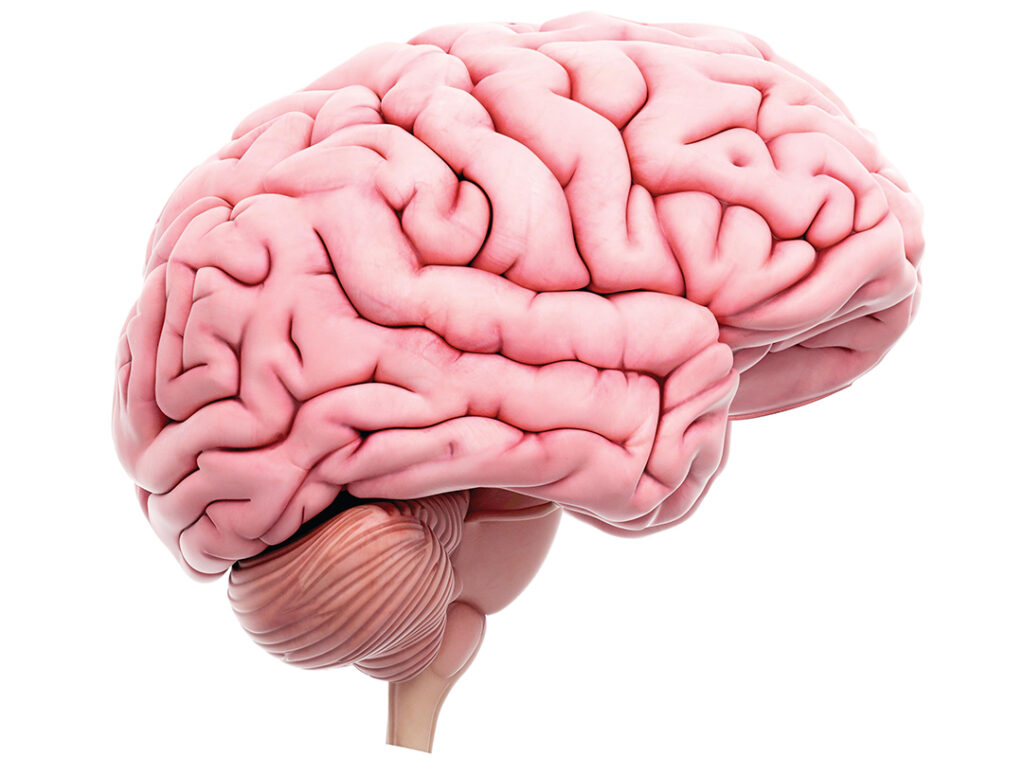
As a remedy for all the bad news out there, let us prescribe you a small dose of feel-good science. Each issue, we’ll give you a rundown of the latest breakthroughs that aim to solve humanity’s biggest problems. From burger-flipping robots to GM mosquitoes, here you’ll find many reasons to feel hopeful for our future…
Dr Radha Modgil: Thinking positively can be good for your body, not just your brain
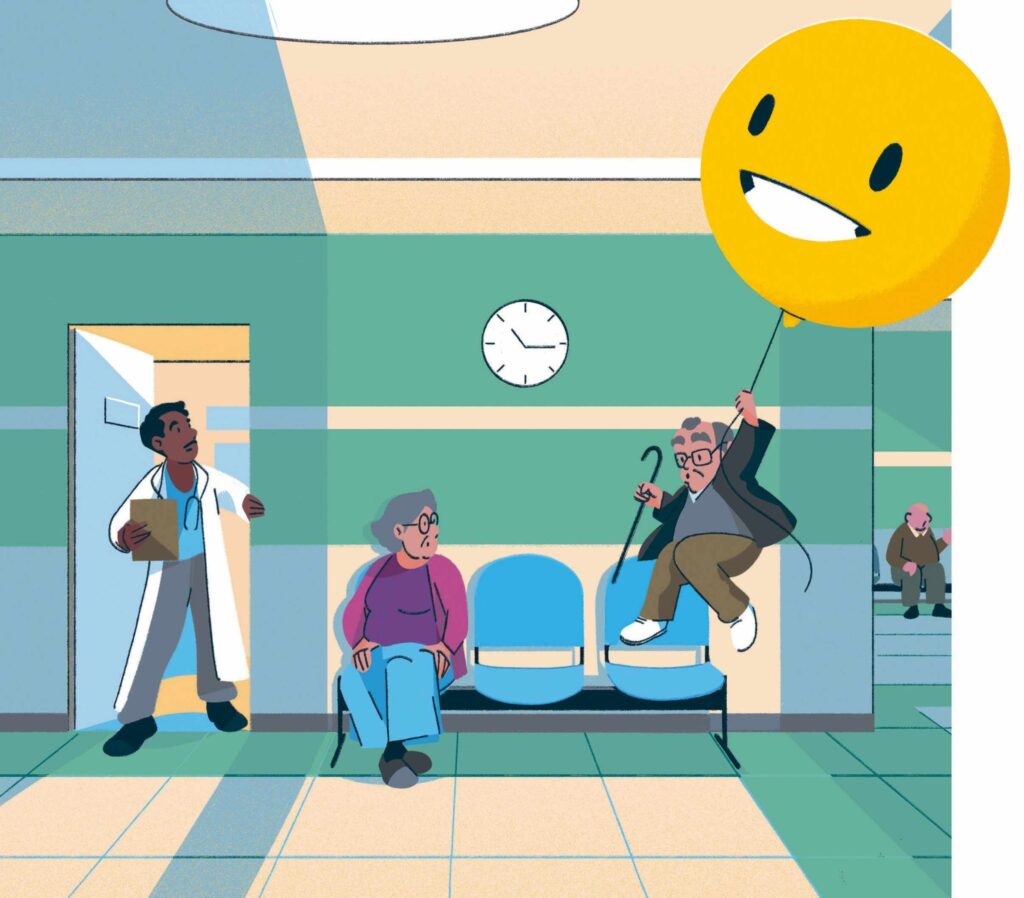
Looking for an upside in any given situation can improve everything from the immune system to heart health